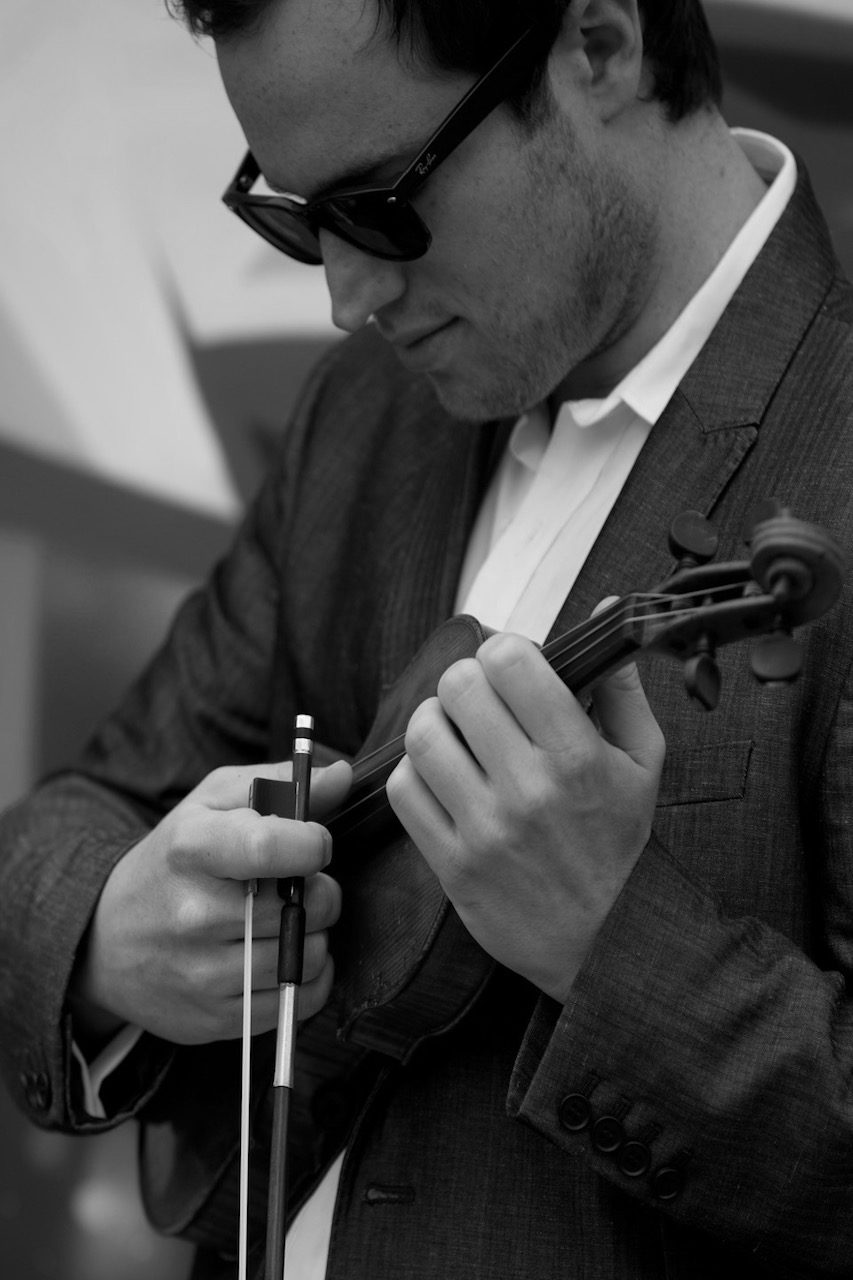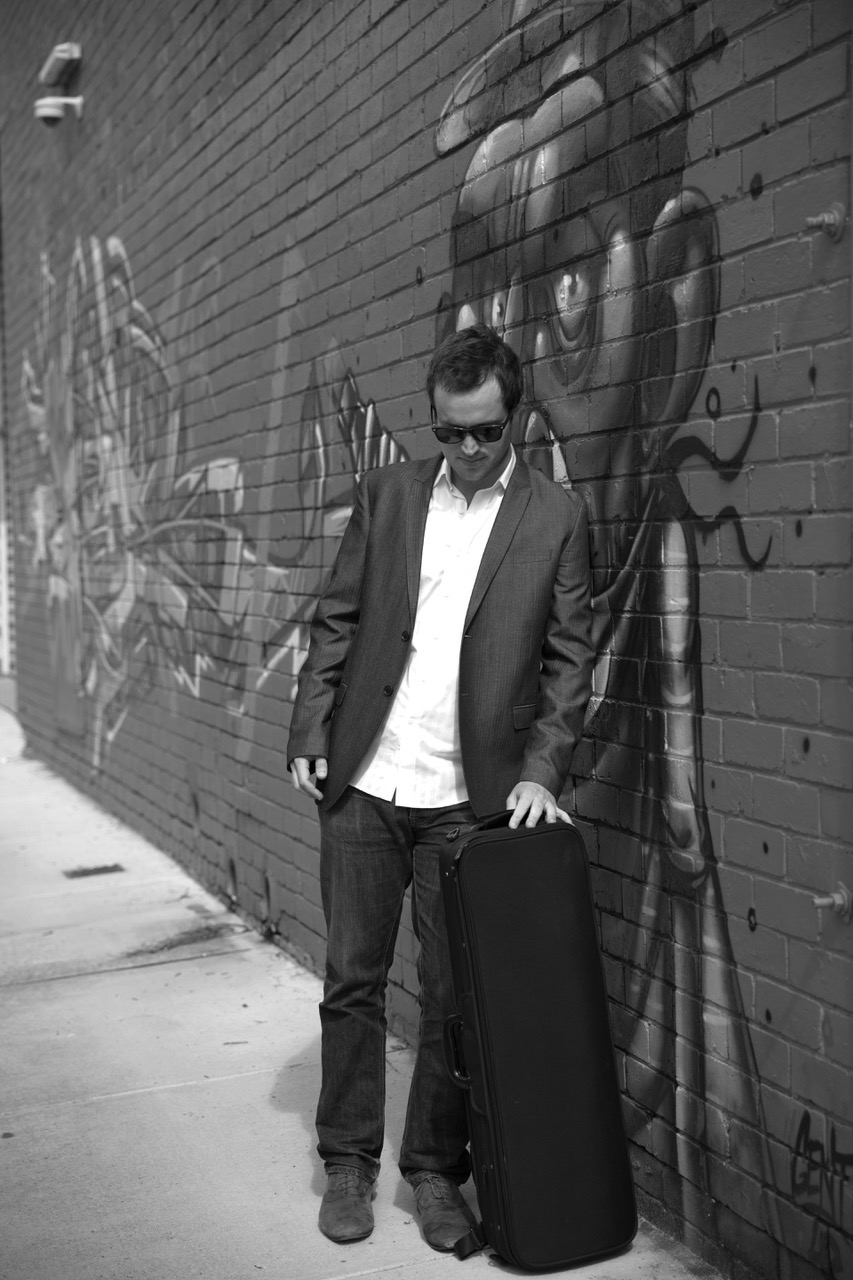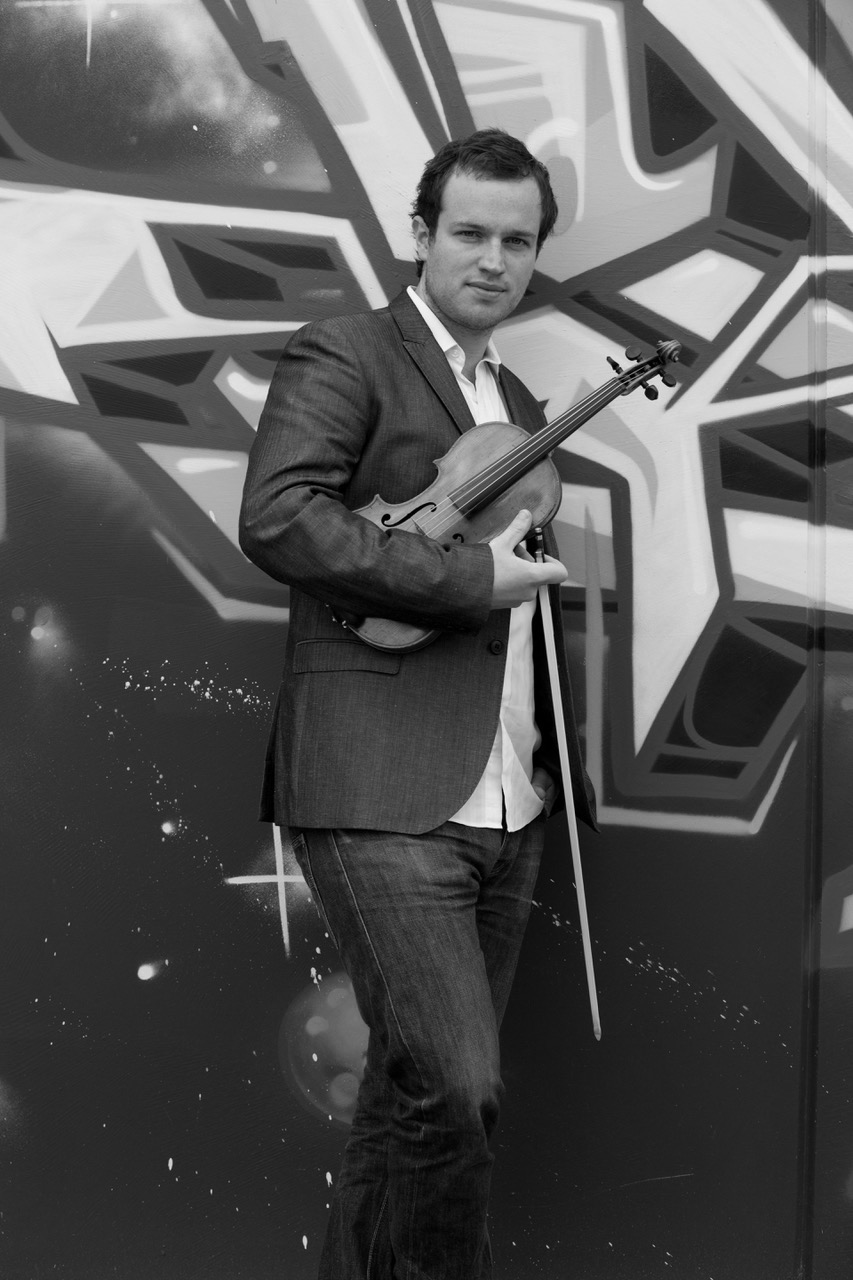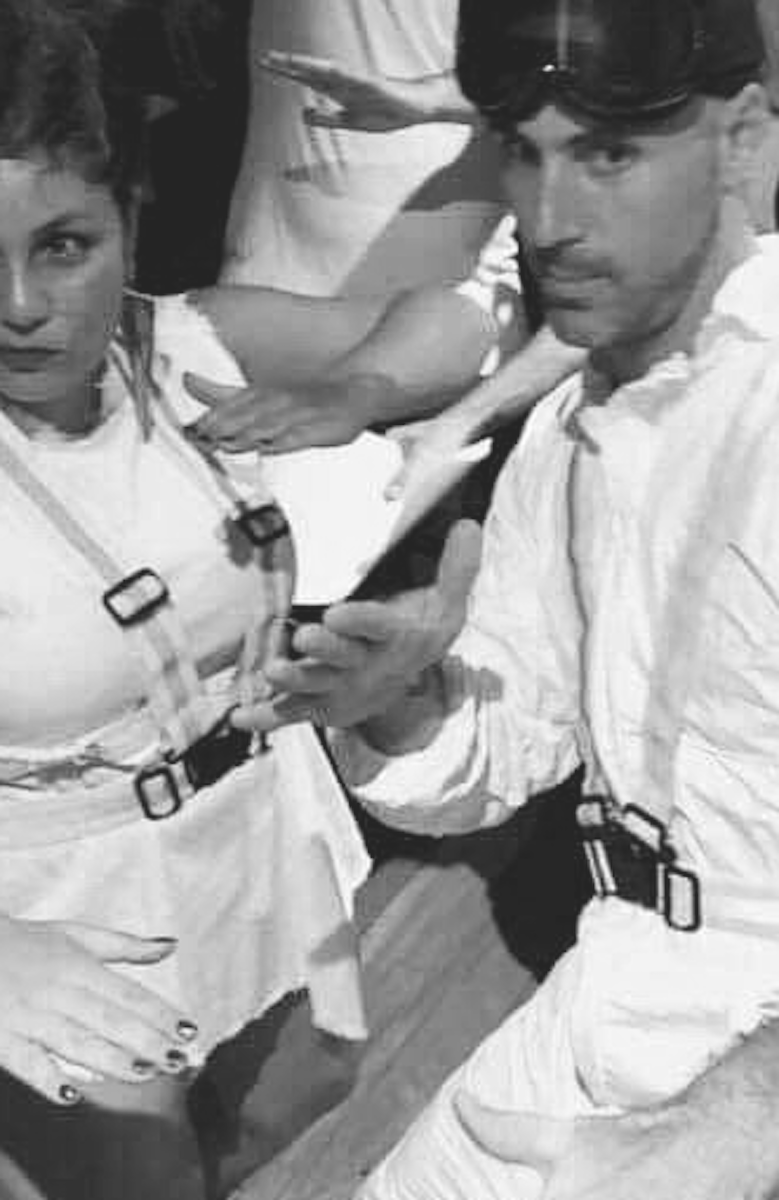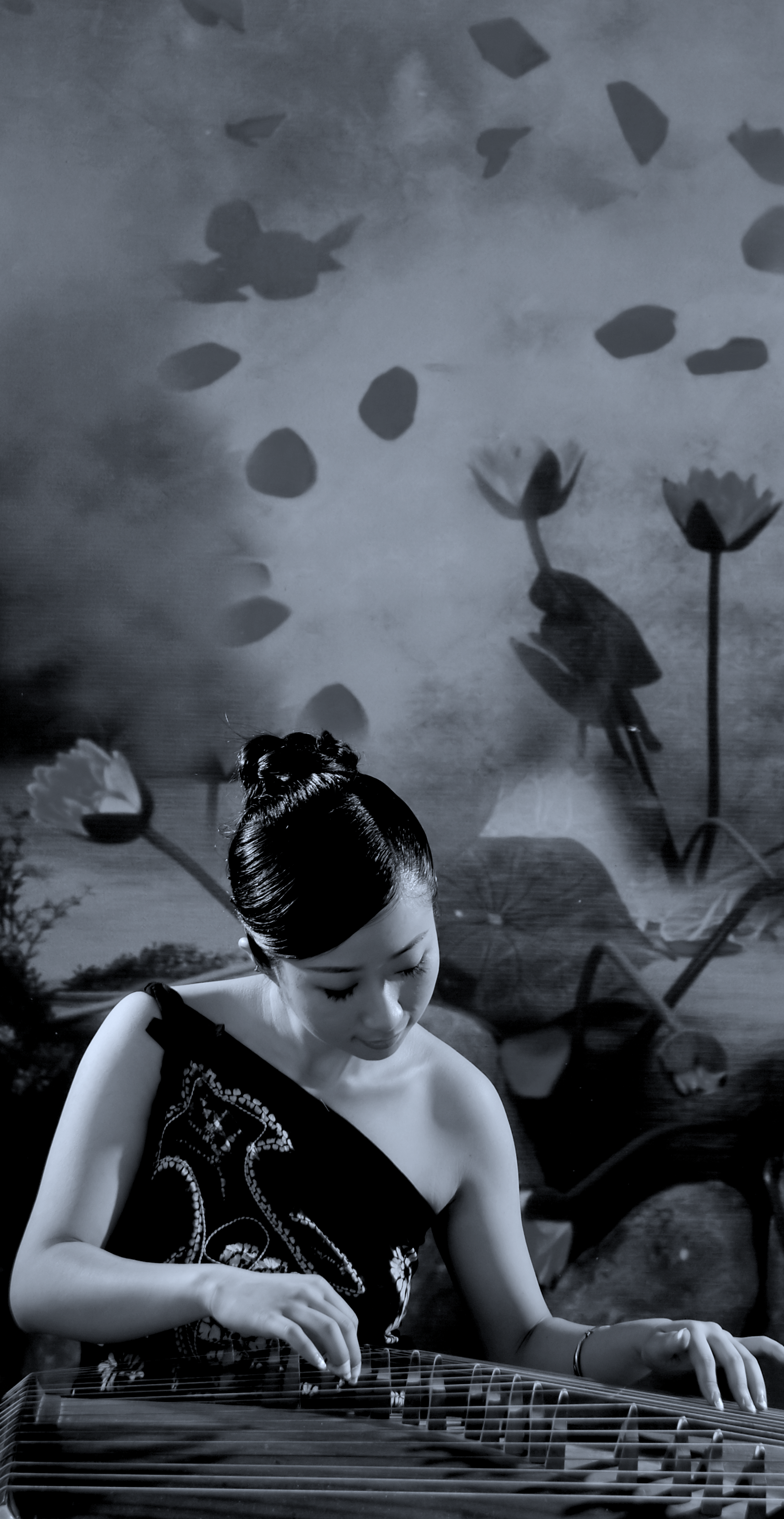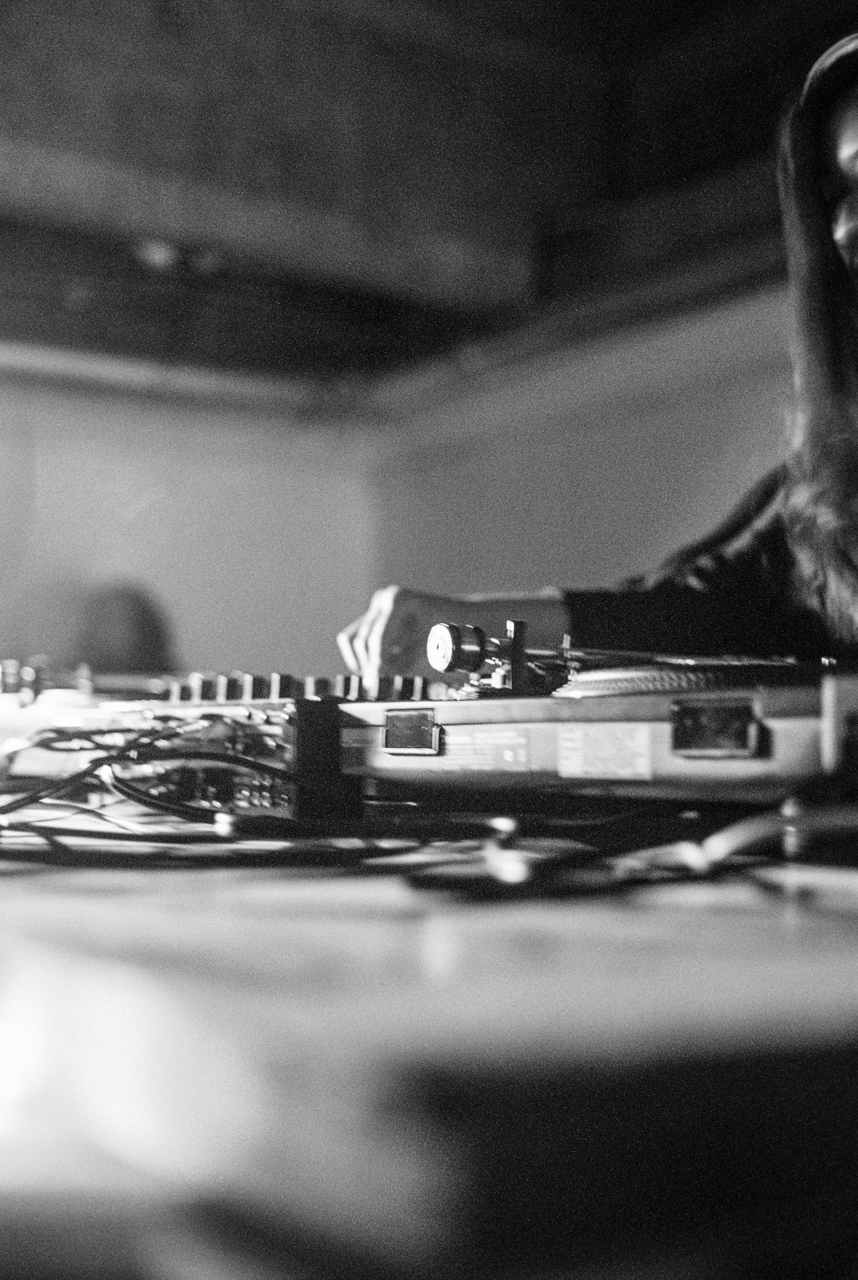THE YOUNG MAESTRO
2017 marks the 50th birthday for Melbourne Youth Orchestras. To celebrate five decades of incredible success MYO will be holding two showcase concerts at the Elisabeth Murdoch Hall, Melbourne Recital Centre on Sunday the 17th of September. The first, Homages, is a tribute to great German composers, and the second is the grand final of a competition that will see three of Melbourne’s best and brightest young musicians take to the stage to compete in the Virtuosity Grand Final. Having decamped to Berlin, MYO alumni and violinist Michael Brooks Reid will be returning to Melbourne to perform with MYO once again. Reid spoke with The Melbourne Critique about his love for classical music, Europe and the upcoming concert.
Let’s begin by talking about your love for music, and in particular, classical music. Do you still believe in its resonance with a contemporary audience?
This is a great question, and one that I think we in the classical music world need to continually ask ourselves. We can’t afford to take our relevance in the 21st century for granted, and must find ways to connect with the younger generation in order to bring classical music forward.
I think most people accept the intrinsic value of the art form, but many younger people feel intimidated by a perceived exclusivity surrounding classical music, and this is a barrier we need to break down. Many ensembles are actively working on ideas to do this; for example, playing in more informal concert venues, performing crossover projects with electronic music artists, and working with modern dance companies. Programming contemporary works is a risk that many shy away from for fear of alienating the older audience, but it is just so important that we don’t get stuck in the past.
Being based in Europe, what are some of the differences between your current locale and Australia? What do you miss most about Australia?
Europe is a very exciting place to be as a musician; it is simply the epicentre of the classical music world. I have had the opportunity to work with musicians and orchestras that had seemed to be the stuff of legend, people whom you know only from famous recordings, not people with whom you ever imagine working. To name an example, I was fortunate enough to play in Claudio Abbado’s last ever concert before he passed away, with the Lucerne Festival Orchestra. These sorts of memories will stay with me forever.
Australia has an excellent classical music scene too, not to mention a disproportionate number of incredible musicians, but the scene is far younger and the tradition less developed. This of course comes with certain advantages too, allowing for more creativity and flexibility in programming, and harnessing the potential of creating our own tradition. I believe it is an exciting time for classical music in Australia.
How pivotal was MYO in defining who you are as an artist, and in broader terms how has your involvement helped in propelling or strengthening your career?
MYO had a major influence on my career trajectory, for sure. I had played in youth orchestras previously, but the standard was much lower and the repertoire far less ambitious. My first concert in MYO featured Stravinsky’s the Rite of Spring. I was bowled over; I had never experienced any music like it. It was also an incredible challenge, and at the age of fifteen, I felt well out of my depth! Luckily there were many fantastic musicians who were older and more experienced. Plenty of coattails to ride on! In that same year we played Mahler’s Resurrection Symphony, which remains one of my all time favourite symphonies. These two pieces gave me a real idea of just how powerful music can be. The musical experience, combined with the social aspect of playing in the MYO – many people from those times are still friends and colleagues to this day – certainly played a big part in my decision to pursue music professionally.
What power does music hold in such uncertain times? Could you imagine a world without sound?
Music has been around as long as humanity itself, and I certainly don’t see it going anywhere. It has an incredible power on people, which is a fact not lost on many political figures, appropriating and banning music in accordance with their own political agendas. Stalin and his relationship with Shostakovich’s music is a good example of this. On the other side of the coin, music can be used as a political rebellion for good. It can and should bring people together at times when politics is driving us apart. As you say, we are living in uncertain times; xenophobia and greed are dominating the western political landscape. But Brahms will always be beautiful, no matter how ugly politics gets. Music reminds us of what connects us, and why we need to fight for a future in which we work together for the good of everyone.
I am so thrilled to be back playing with the MYO, and performing Brahms’ violin concerto in an acoustic as fantastic as the Melbourne Recital Centre is a real treat. Adding to the excitement is the fact that the concert will be conducted by one of my dearest friends, Paul Fitzsimon. Paul and I became friends about fifteen years ago in, you guessed it, the Melbourne Youth Orchestra! He was violist and assistant conductor.
As far as what to expect, the Brahms concerto is simply one of the all time great works for the violin. Brahms was one of the first composers to write concerti in which the orchestra is given equal importance to the soloist; in fact, the first time the violin is given the melody is about five minutes into the piece, and only after about a minute or so of scales and accompaniment in the solo part. The piece really is a symphony for orchestra and violin solo, something that was totally groundbreaking at the time.
For a preview of the last movement, watch the Paul Thomas Anderson film ‘There Will Be Blood’. After the staggeringly powerful and mad final scene, the Brahms violin concerto finale comes in in all its glory, to the rolling of the closing credits. The first half of the concert will consist of a fantastic piece by German composer Paul Hindemith, the Symphonic Metamorphosis, as well as a relatively unknown but lovely brass fanfare by Richard Strauss written for the Vienna Philharmonic in 1924. Paul is doing a fantastic job, and the orchestra are sounding great. I can’t wait!

